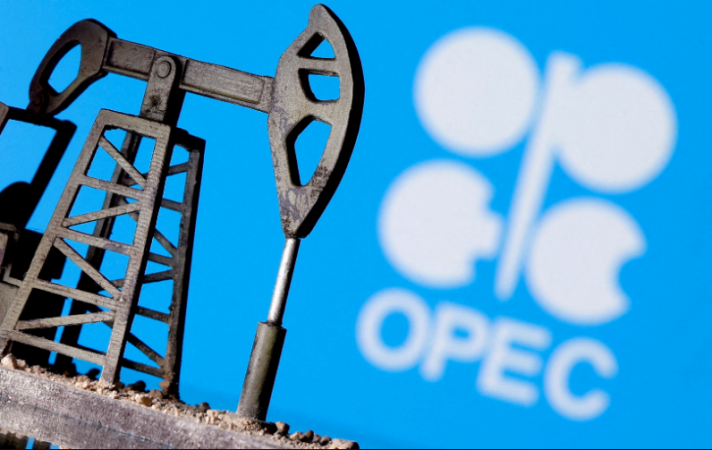
Washington: Members of the Organisation of the Petroleum Exporting Countries (OPEC) and non-OPEC nations alike make up the coalition of oil-producing nations known as OPEC+. Although OPEC+ has a sizable impact on the global oil market, its capacity to boost the economy after the COVID-19 pandemic is constrained for a number of reasons:
1. Demand-Supply Mismatch: OPEC+ primarily focuses on managing the supply of oil to stabilize prices in the market. However, the COVID-19 pandemic has caused a significant drop in global oil demand due to reduced economic activity, travel restrictions, and lockdown measures. Despite OPEC+ production cuts, the decline in demand has outpaced supply adjustments, resulting in a demand-supply mismatch.
2. Unpredictability of the Pandemic: The trajectory of the pandemic and its impact on the global economy remain uncertain. New waves of infections, emergence of variants, and varying vaccination rates in different countries make it challenging for OPEC+ to accurately predict and adjust oil production levels accordingly.
Also Read: The region's war-torn governor issues a call to arms for Darfur
3. Structural Changes in Energy Sector: The COVID-19 pandemic has accelerated structural changes in the energy sector, such as a growing focus on renewable energy sources, energy efficiency measures, and a shift towards electric vehicles. These changes have long-term implications for oil demand, potentially affecting OPEC+'s ability to revive the global economy solely through oil production adjustments.
4. Geopolitical Factors: Geopolitical tensions and conflicts among OPEC+ member countries can impede their collective decision-making process and hinder effective coordination to revive the global economy. Disagreements over production levels, market share, and individual national interests can limit the effectiveness of OPEC+ efforts.
Also Read: Heavy fighting in Sudan's capital as ceasefire approaches its end
5. Economic Diversification: Many countries heavily reliant on oil exports have recognized the need to diversify their economies to reduce their vulnerability to oil price fluctuations. Efforts to diversify their economic base, develop other industries, and promote non-oil sectors can reduce the direct influence of OPEC+ on their economies.
6. External Factors: The global economic recovery after the COVID-19 pandemic depends on various factors beyond OPEC+'s control, such as fiscal and monetary policies, government stimulus packages, consumer sentiment, and global trade dynamics. OPEC+ alone cannot single-handedly revive the global economy; it requires collaborative efforts from governments, international organizations, and other sectors.
Also Read: Drone attacks in Libya result in two deaths and MP's nephew being hurt
Although OPEC+ helps to keep oil prices stable, the recovery of the world economy following the COVID-19 pandemic is a complicated and multifaceted process that calls for coordinated efforts from numerous stakeholders across various sectors.